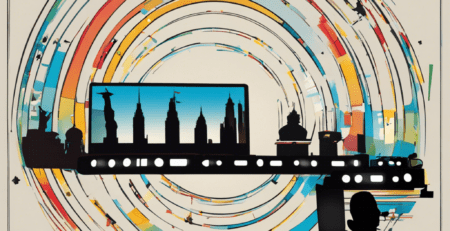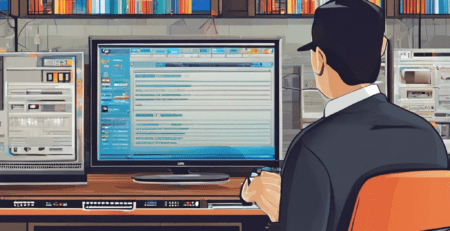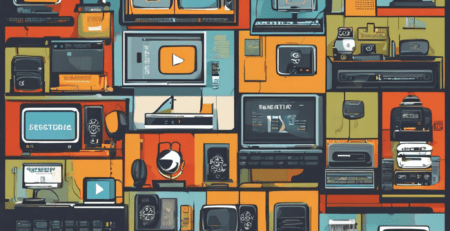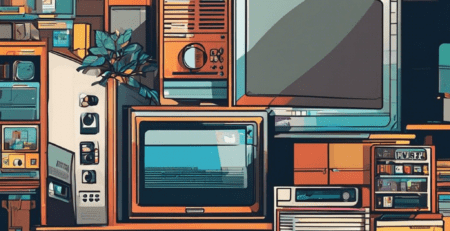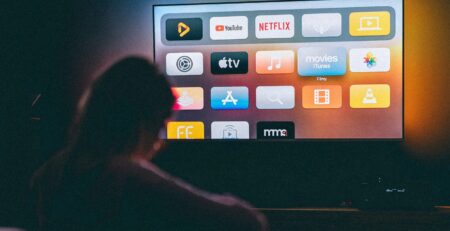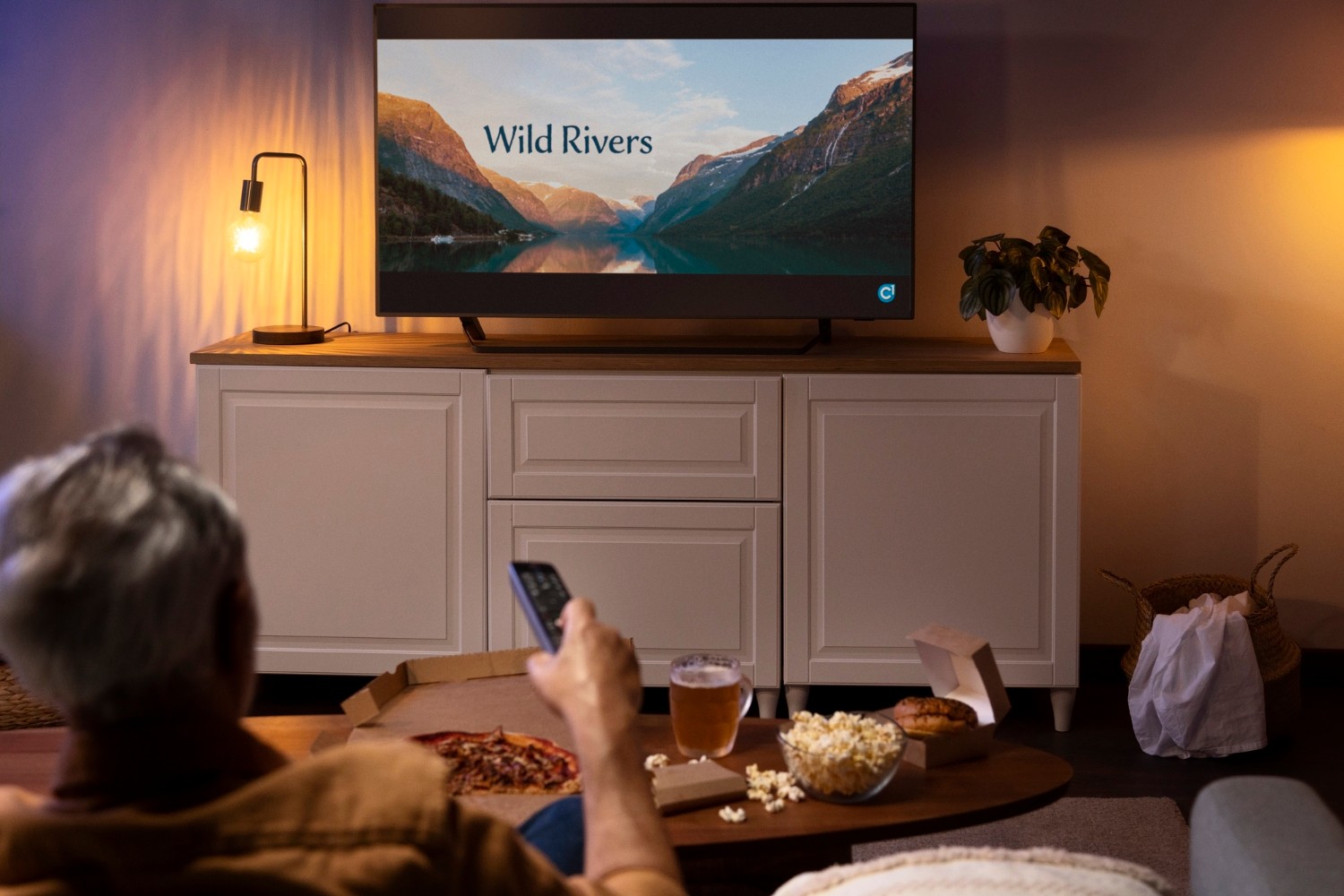
Cost of IPTV Services Compared to Cable: Which is Cheaper?
IPTV WHALE2024-05-07T09:37:32+01:00Television consumption has undergone significant transformations over the past few decades, moving from traditional platforms like broadcast and cable to more modern, flexible solutions like Internet Protocol Television (IPTV). This shift raises a crucial question for consumers: “Is IPTV cheaper than cable?” As we delve into this inquiry, we’ll explore how evolving technologies and changing viewer habits are influencing the cost-effectiveness of TV services. This article aims to provide a thorough comparison of IPTV and traditional cable, examining not only the direct costs associated with each but also their respective benefits in the current digital era.
What is IPTV?
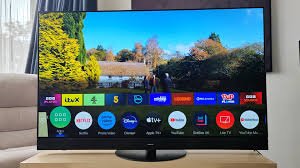
Internet Protocol Television (IPTV) harnesses the power of the internet to deliver television programming in a way that bypasses traditional distribution methods such as terrestrial, satellite, and cable TV systems. IPTV offers television services streamed directly through the internet, which allows for a more personalized and interactive user experience. Subscribers can choose from an array of channels and services, selecting precisely what and when they want to watch.
Development and Market Growth

The technology behind IPTV has rapidly evolved, making it more accessible and reliable. Over the past few years, IPTV has seen a significant increase in adoption due to its scalable nature and the global shift towards digital streaming. Market analysts predict continued growth in IPTV subscriptions as more consumers seek flexibility and customization in their viewing habits.
IPTV Usage Statistics
With the global market expanding, IPTV is attracting millions of users who prefer its convenience over traditional methods. Studies show that IPTV’s ability to provide services on-demand, its lower overall cost, and the increase in high-speed internet availability are key factors driving its popularity.
What is Traditional Cable?
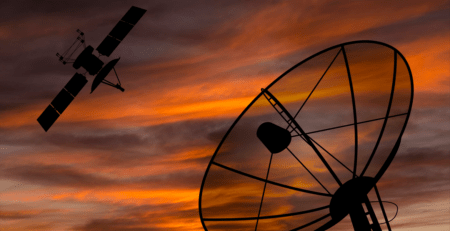
Historical Dominance and Consumer Habits
Cable TV became the standard in home entertainment due to its reliability and broad offering of news, sports, and entertainment channels. Despite the rise of digital alternatives, cable still holds a significant market share, particularly among audiences who prefer the traditional broadcasting model and simplicity of use.Subscriber Trends and Market Stability
Although the market for traditional cable has seen a decline with the advent of streaming services, it remains a preferred choice in areas with limited internet service or for those who value the comprehensive packages that cable providers offer. Cable companies have responded to competitive pressures by bundling services such as internet and phone, attempting to offer more value to retain their customer base.Cost Comparison: IPTV vs. Traditional Cable

Initial Setup and Installation Costs
- IPTV: The setup for IPTV is typically straightforward and low-cost. Users primarily need a reliable internet connection and a compatible device such as a smart TV, computer, or smartphone.
- Cable: Installation of cable TV can be more involved, often requiring professional installation of physical hardware and cabling, which can add to the initial costs.
Monthly Subscription Fees
- IPTV: IPTV providers generally offer more flexible and varied pricing plans, which can be customized to include specific channels or features, potentially lowering the cost.
- Cable: Cable subscriptions usually come with fixed packages, and adding channels or services often means upgrading to a more expensive tier.
Additional and Hidden Costs
- IPTV: While additional costs for premium content can apply, IPTV typically has fewer hidden fees compared to cable.
- Cable: Users may face additional charges such as rental fees for equipment, late fees, and charges for premium channels and services.
When is Cable More Cost-Effective?
Stability and Reliability
- Cable: Cable TV doesn’t rely on an internet connection, making it more reliable in areas where internet service is unstable or slow. This can be a significant advantage in regions with frequent service interruptions or limited broadband infrastructure.
Bundled Services
- Cable: Many cable providers offer competitive pricing when bundling services such as internet, TV, and telephone. This can offer better value than purchasing these services separately, especially for consumers looking to consolidate their bills.
Simplicity and Non-Tech Savvy Users
- Cable: For users who prefer a straightforward, traditional TV watching experience without the need for internet-savvy skills, cable TV remains a user-friendly option. The simplicity of using a remote control and a single service provider can be more appealing than managing multiple streaming platforms.
Consumer Perspectives and Market Trends
Shift in Viewer Preferences
- Market Trends: Recent surveys and studies indicate a significant shift toward streaming services like IPTV, driven by the demand for on-demand content and the ability to watch programming on multiple devices.
- Consumer Feedback: Users often cite the convenience, cost-effectiveness, and enhanced user experience as key factors in their decision to switch from traditional cable to IPTV.
Future Outlook
- Industry Forecasts: Experts predict that IPTV will continue to grow in popularity, particularly as improvements in internet infrastructure expand its availability and reliability.
- Cable’s Response: In response, cable companies are increasingly integrating streaming capabilities and enhancing their service offerings to retain customers and compete in a changing market.
As we’ve explored, both IPTV and traditional cable have their merits, depending on individual needs, preferences, and circumstances. IPTV offers flexibility, a wide range of customizable options, and cost-effectiveness, particularly appealing to tech-savvy consumers and those seeking a more modern television experience. On the other hand, traditional cable remains a reliable choice for those in areas with less stable internet or for users who prefer simplicity and ease of use.
As the landscape of television consumption continues to evolve, it’s clear that IPTV is leading the way for a new generation of viewers. Are you ready to explore the advantages of IPTV for yourself? Visit our website to check out our diverse plans and find an option that best suits your entertainment needs. Embrace the future of television today and make the switch to IPTV!
IPTV WHALE is everything you need to get the best movies and +20,000 channels!
IPTV WHALE’s subscription service delivers an immersive entertainment experience
with HD-quality video and crystal-clear sound.

